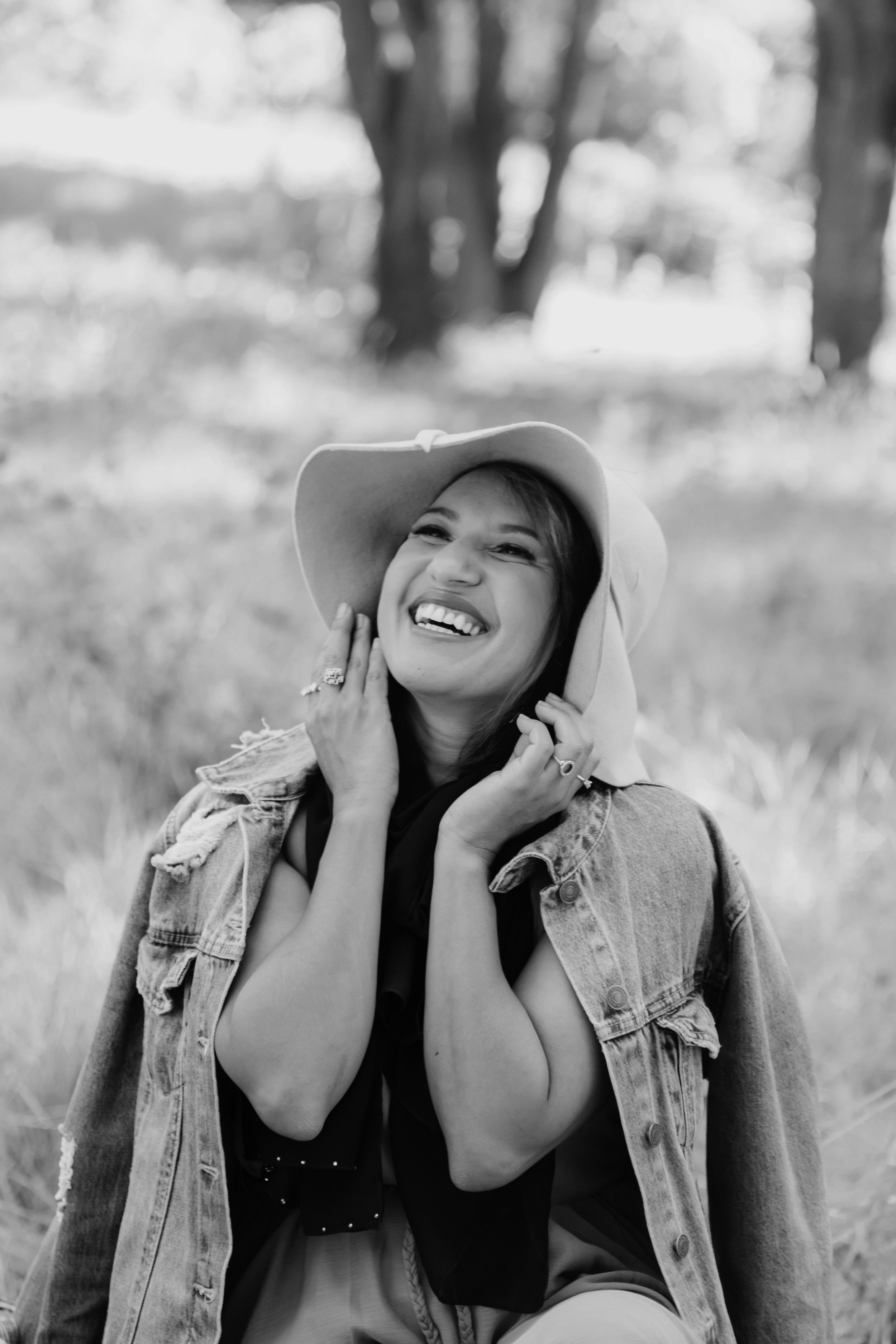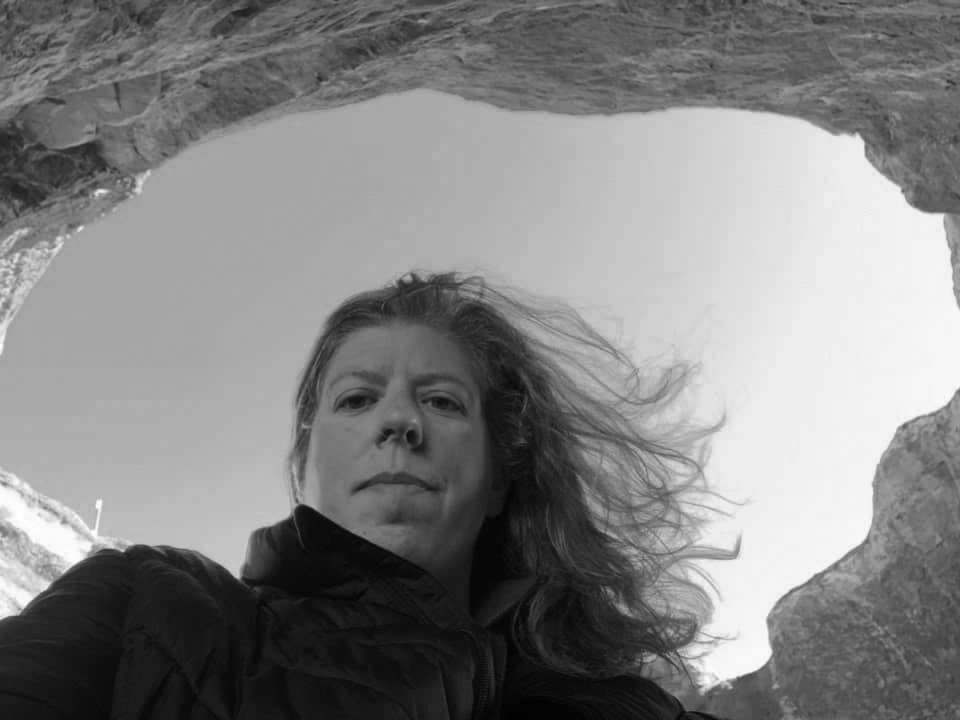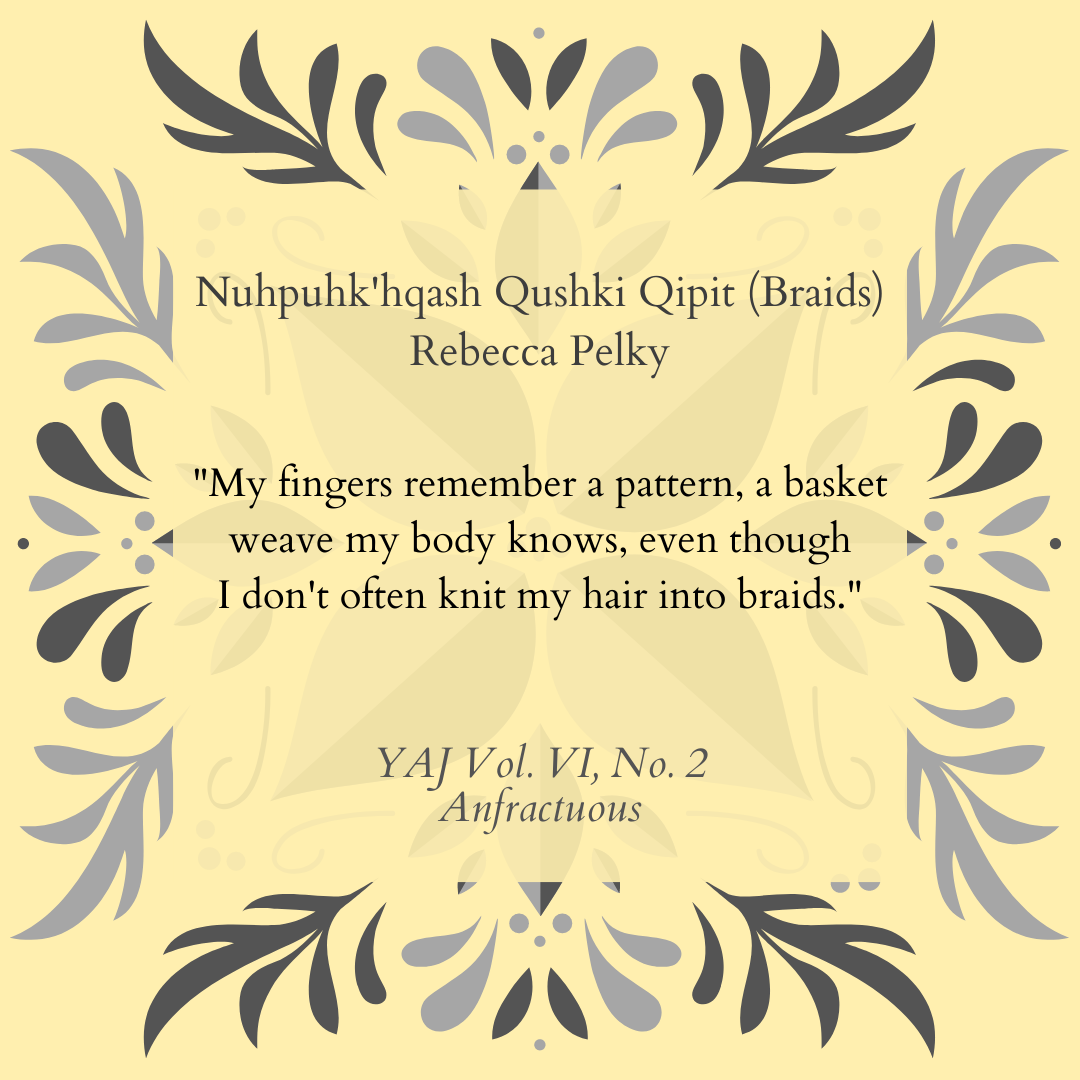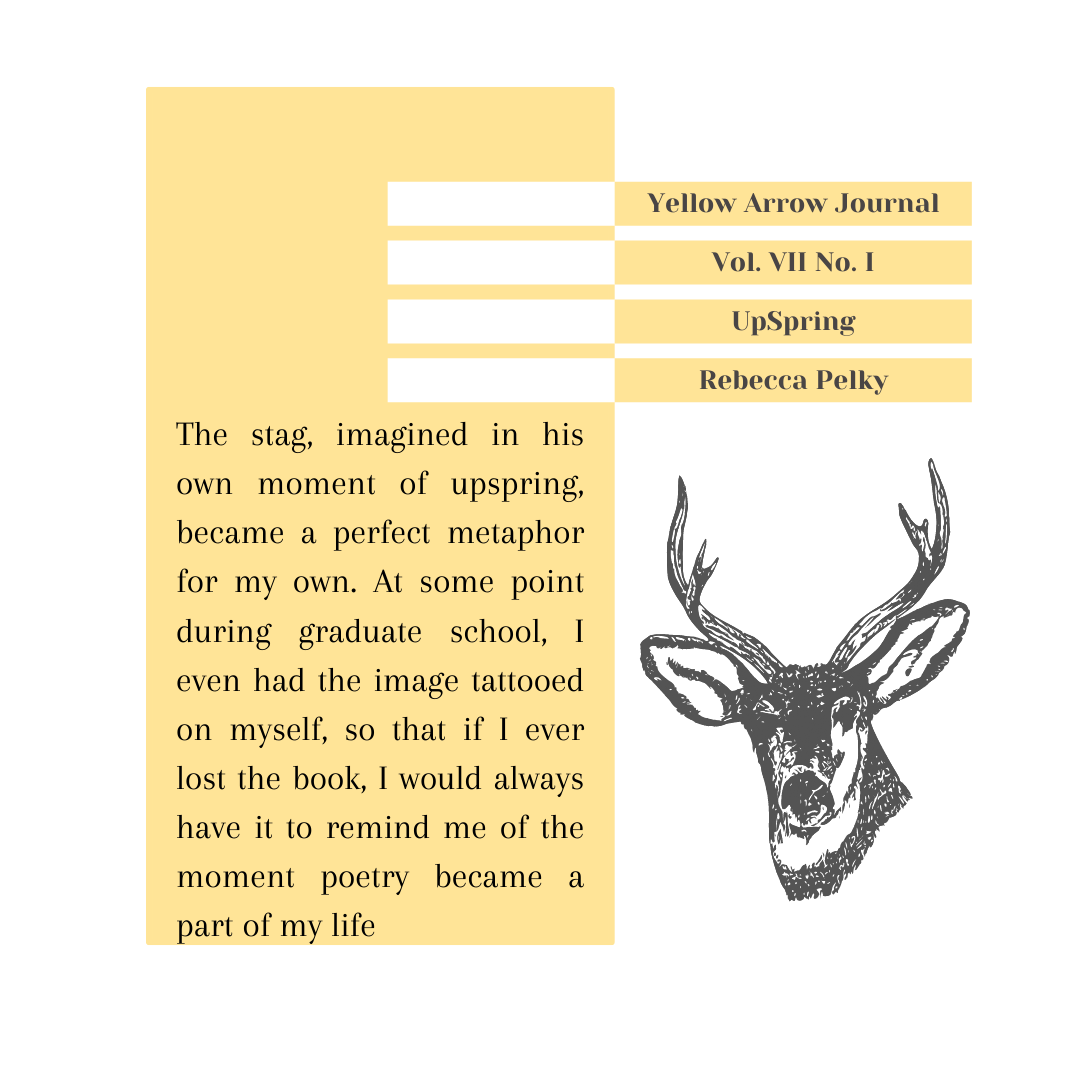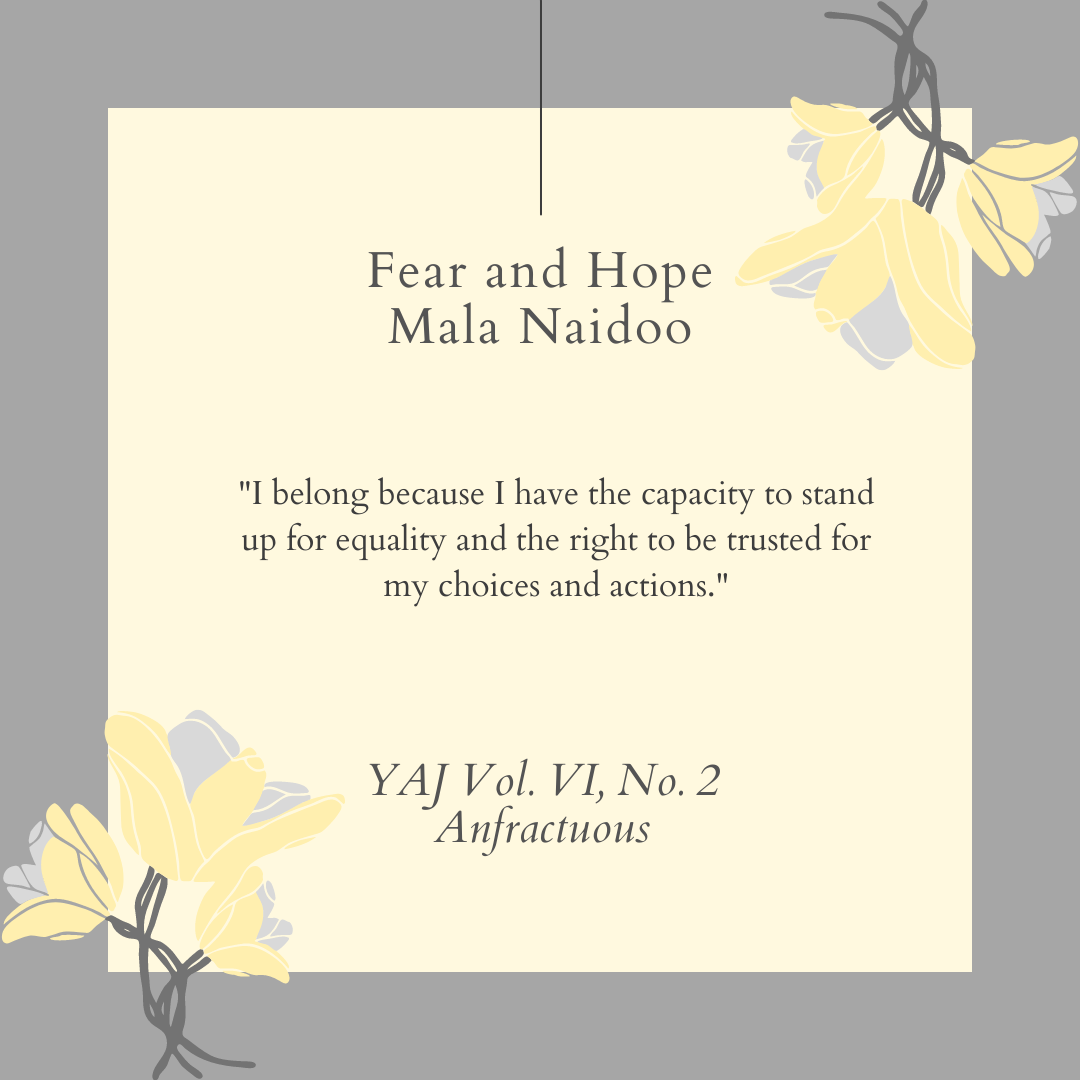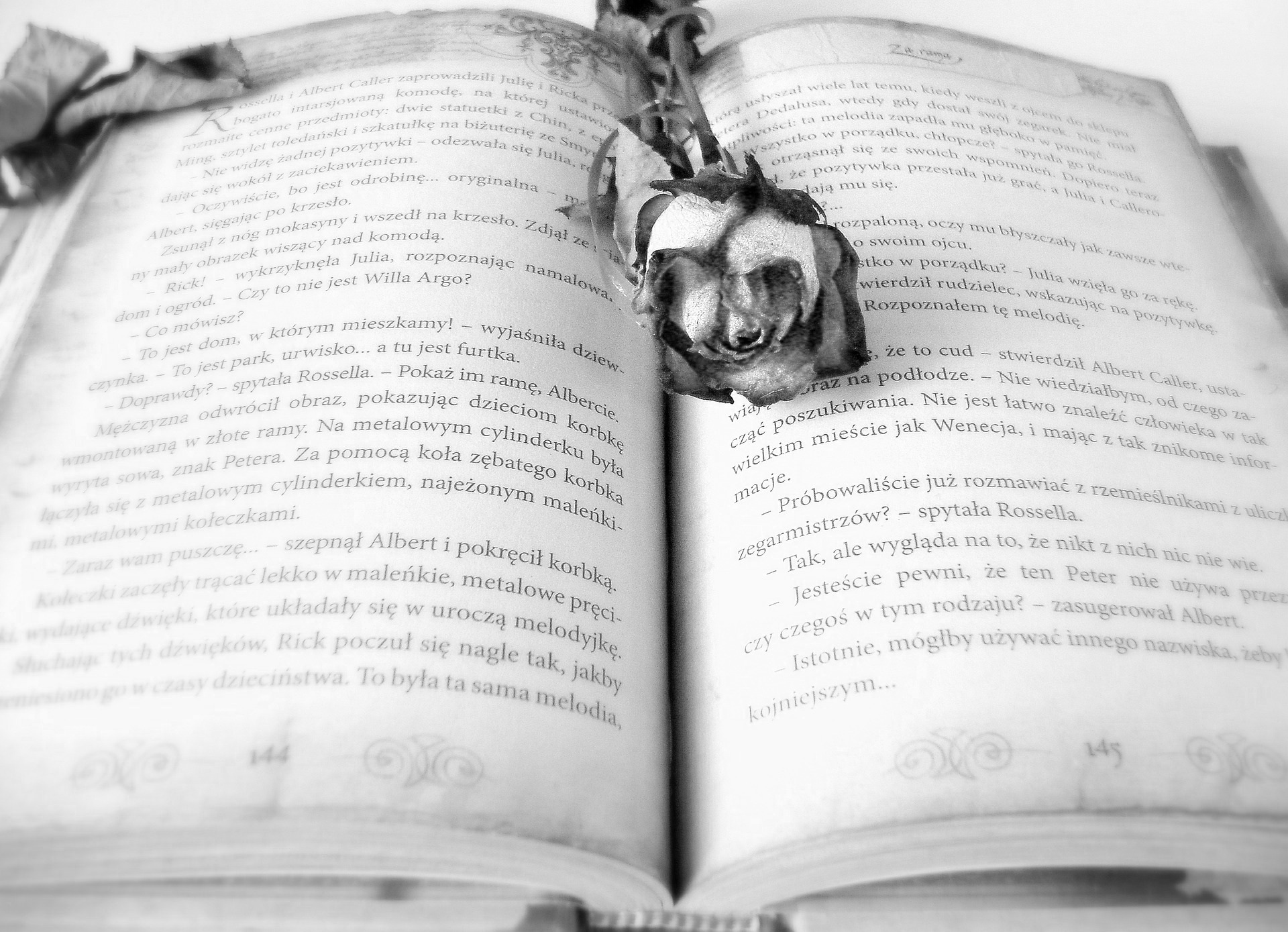
.WRITERS.ON.WRITING..Writers.on.Writing.
Get to know our authors, the foundation and heart of Yellow Arrow Journal, and what writing means to them through our monthly series.
W.o.W. #43
Hana Worku
Describe an early experience where you learned that language has power.
Somewhere in second grade I realized that other students at the school weren’t saying the same Pledge of Allegiance that we said in my classroom. It looked the same from the outside. Students would stand up, face the flag, hold up a hand, and spit out a bunch of words in sing song recitation. However, it was only in our classroom where students said, “I pledge allegiance to the world and every living thing. One world. One planet. With peace, freedom, and justice for all.”
It was only after a lunchtime discussion with second graders from other classrooms that I understood that my teacher, Ms. Peters, wasn’t following the rules. She wasn’t doing what everyone else was doing. With a few small changes, she had changed the entire meaning. Knowing this made me really think about the words we were reciting and what they actually meant.
What is a good writing habit you have picked up?
The idea of the bone pile or the compost—a place you can just jot ideas or throw stuff that you aren’t sure what to do with or you don’t want to delete but you need to remove. Later you go through the bones/compost and find new growth. It works well for someone like me, I often get distracted, while in the middle of writing, by shiny new ideas or old, nascent memories. This practice gives me a place to put that stuff.
What does your inner writing voice tell you?
You have to write to know what you want to say and why.
Hana Worku is a writer, software developer, and organizer interested in how things are put together. Yellow Arrow Journal PEREGRINE (Vol. VII, No. 2) includes her poem “Still Loading.” You can find Hana on Instagram and Twitter @hanawulu.
.Writers.on.Writing.
Get to know our authors, the foundation and heart of Yellow Arrow Journal, and what writing means to them through our monthly series.
W.o.W. #42
A’Eysha Kassiem
Describe an early experience where you learned that language has power.
I am a black woman who grew up in Apartheid South Africa. Apartheid was not just a system designed to oppress and discriminate, but it also classified everyone who was not white as lesser. There were various derogatory terms that white South Africans used to refer to people of color to reinforce their otherness. I was nine years old when a white boy used this terminology in reference to me—an insult that was meant to inflict harm in a way like nothing else could. It was my first lesson in how words can also be weapons that are sometimes harder to heal from than any physical wound.
If you didn’t write, what would you do?
I would be an archaeologist—I love history and exploring ancient ruins. So a black, female, Muslim, South African Indiana Jones (hit me up for a script, Netflix! Wink wink!)
What does your inner writing voice tell you?
Me: This sentence is brilliant!
Also me: This is the worst sentence that has ever been written in the history of the world!
A’Eysha Kassiem is an award-winning South African writer and journalist, whose work has appeared in several international publications. Her debut novel, Suitcase of Memory, was awarded the 2022 University of Johannesburg’s Creative Writing Fiction Prize for a debut novel. Her piece “The Suitcase” was included in Yellow Arrow Journal, Vol. VI, No. 2, ANFRACTUOUS. A’Eysha participated in “An Exploration of Belonging: The Anfractuous Reading” last year. You can hear her read part of “The Suitcase” below and find the reading in its entirety on the Yellow Arrow YouTube channel.
You can find her on Instagram @aeyshakassiem and @suitcase.of.memory, on Facebook @aeysha.kassiem, and on Twitter @a_kassiem. Visit her website at aeyshakassiem.com.
.Writers.on.Writing.
Get to know our authors, the foundation and heart of Yellow Arrow Journal, and what writing means to them through our monthly series.
W.o.W. #41
Andrée Rose Catalfamo
Do you prefer handwriting or typing?
Each of these kinesthetic acts stimulates a different part of my brain. I handwrite in my journal, especially when I’m trying to break through with an idea or when I’m feeling stuck. I also handwrite first drafts of poetry. I type when I am drafting or revising. I feel like handwriting is more circuitous and flowing, and typing is more direct.
What does your inner writing voice tell you?
Be honest. Tell the truth. Don’t be afraid. Do I need that comma?
Describe an early experience where you learned that language has power.
I spent my preschool years in Highlandtown, East Baltimore, where my grandmother would babysit me while my parents worked. From the time I was old enough to sit on her lap, Grandmom would read to me. I remember the colorful, hard cardboard covers of the Golden Books she’d buy and read, time and again. Soon, I could read them for myself, and then Grandmom started taking me to the Enoch Pratt Free Library branch on Eastern Avenue. It wasn’t long before I realized that books had the power take me anywhere I wanted to go. I was especially attracted to any and every story book that had a foreign locale or where the protagonists were embarking on a trip. I’d check out books 10 at a time and beg to go back to the library two or three times a week. And not too long after that, I started writing and illustrating my own stories, which all of my friends in school wanted to read because I’d put kissing scenes in them. I realized then that as a writer, I had the power to make people feel things.
Andrée Rose Catalfamo is a writer and instructor working in creative nonfiction, fiction, and poetry. Although she holds both a doctorate and a master’s degree in education, last year she returned to Wilkes University to begin a masters in creative writing. Somehow, she is managing to teach rhetoric and composition at SUNY Cortland while pursuing her studies and working on a memoir. A Baltimore native, Andrée misses Fells Point, crabcakes, and the Visionary Art Museum, as well as her family and friends. She lives happily with her husband, the poet Burt Myers, in Binghamton, New York. Her piece “Blooms” was included in Yellow Arrow Journal, Vol. V, No. 2, HOME.
Andrée recently had a chapter appear in A Lovely Place, A Fighting Place, A Charmer: The Baltimore Anthology (2022, Belt Publishing), edited by Gary M. Almeter and Rafael Alvarez.
.Writers.on.Writing.
Get to know our authors, the foundation and heart of Yellow Arrow Journal, and what writing means to them through our monthly series.
W.o.W. #40
Rebecca Pelky
If you could have dinner with anyone, who would it be and why?
My grandmother, Mable Moon, who died before I was born, and who everyone says I most resemble, or maybe my great-grandfather, William Moon, who survived the Carlisle Indian Boarding School. Or maybe a grandmother from even further back, before boarding schools and missionaries stripped away so much of our traditional culture.
What does your inner writing voice tell you?
Lately it reminds me that I’m not only writing for myself, but also for my ancestors, who maybe didn’t have the chance to speak out like I do.
Describe an early experience where you learned that language has power.
When I was in Junior High (middle school in today’s lexicon), a (white, male) history teacher told my mom that I would never amount to anything because I came from a “broken home.” Those words did have power, but not in the way he might have expected. They only made me push harder to prove him wrong.
Rebecca Pelky holds a PhD from the University of Missouri, an MFA from Northern Michigan University, and is an assistant professor of Film Studies at Clarkson University. She is a member of the Brothertown Indian Nation of Wisconsin and a native of Michigan’s Upper Peninsula. Through a Red Place, her second poetry collection and winner of the 2021 Perugia Press Prize, was released in September 2021. Her first book, Horizon of the Dog Woman, was published by Saint Julian Press in 2020. Rebecca was one of Yellow Arrow’s ANFRACTUOUS poets with her incredible piece “Nuhpuhk’hqash Qushki Qipit (Braids)” and guest editor of Yellow Arrow Journal’s Vol. VII, No. 1 UpSpring.
Rebecca participated in “An Exploration of Belonging: The Anfractuous Reading” last year. You can hear her read her poem below and find the reading in its entirety on the Yellow Arrow YouTube channel.
You can also see Rebecca host the “Moments in Time: An UpSpring Reading” on YouTube. To learn more about Rebecca, you can find her on Instagram, Facebook, and Twitter, or visit rebeccapelky.com.
.Writers.on.Writing.
Get to know our authors, the foundation and heart of Yellow Arrow Journal, and what writing means to them through our monthly series.
W.o.W. #39
Mala Naidoo
What does your inner writing voice tell you?
Never fear being authentic.
If you could have dinner with anyone, who would it be and why?
Maya Angelou, to say thank you for the inspiration and courage to tell my story.
What is a book you wish someone would write?
The conversations Maya Angelou, Winnie Mandela, and Toni Morrison would have at a Women’s Conference on Diversity and Belonging.
Mala Naidoo is an Australian writer, teacher, and university advisor. She was born in South Africa during the apartheid era which is the impetus for her fictional works which empower the voiceless in a range of societies. Her poignant piece about her journey, “Fear and Hope,” was included in Yellow Arrow Journal, Vol. VI, No. 2, ANFRACTUOUS. Mala participated in “An Exploration of Belonging: The Anfractuous Reading” last year. You can hear her read part of “Fear and Hope” below and find the reading in its entirety on the Yellow Arrow YouTube channel.
Her fourth poetry book, Random Heart Poetry: Rainbows and Shards, is in the final stages and is set to be published soon. Find Mala on Instagram @mala_naidoo, Facebook @authormalanaidoo, and Twitter @engsaoz or at her website malanaidoo.com.


